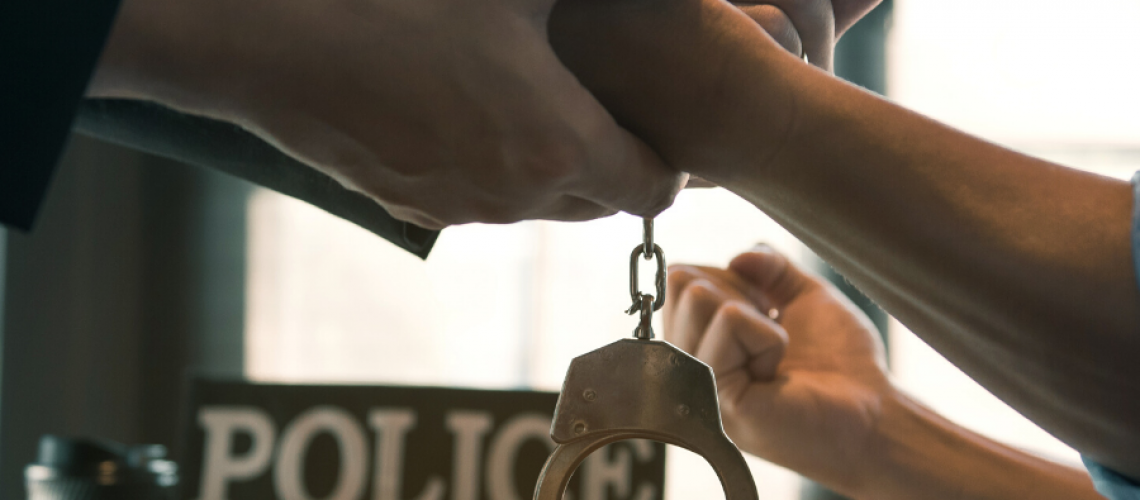Charged with a Crime: The Start of the Case
If you are charged with a crime, like drug trafficking or money laundering, officers may take you to a jail. Next, you will have an initial appearance before a court. During this first hearing, a judge will determine your conditions of release. See our post on pretrial conditions for more information. If you have hired the attorneys at Ralls & Wille, we will argue for the least restrictive form of custody for you. In many types of cases, the law prohibits a judge from releasing the accused. However, if you are eligible, we will argue for your release while the case proceeds.
Disclosure and Discovery
After the judge sets your pretrial release conditions, the government and the defense begin interacting in the case. After you have been charged with a crime, the government will send us copies of the evidence they have against you. We call this disclosure or discovery. The materials often include police reports, photographs, audio and video recordings. Also, disclosure may include financial documents, a copies of court orders for search warrants, tracking devices, or wiretaps.
If you have retained the lawyers at Ralls & Wille, we will review the disclosure to identify any problems with the government’s evidence. This may mean a lack of evidence to prove the crime. Or, it may be a problem with the way in which the government obtained the evidence. Once we have reviewed the disclosure, we often ask the government for more. We dig for more information to confirm our suspicions about problems in the case.
Plea Agreements and Litigation
As our investigation and communication with the government continues, two separate processes begin. The first process is an informal discussion with the government in which we begin to negotiate the possibility of a plea agreement. The second is the formal court process. Before the court, we may raise legal challenges to the case against you, with the goal of dismissing the case or limiting the evidence the government can use against you. If, after exhausting these legal procedures, we are unable to dismiss the case or reach a favorable plea agreement, we move on to the final phase of the case, the trial. For more information, see our post on Trials and Plea Agreements.


